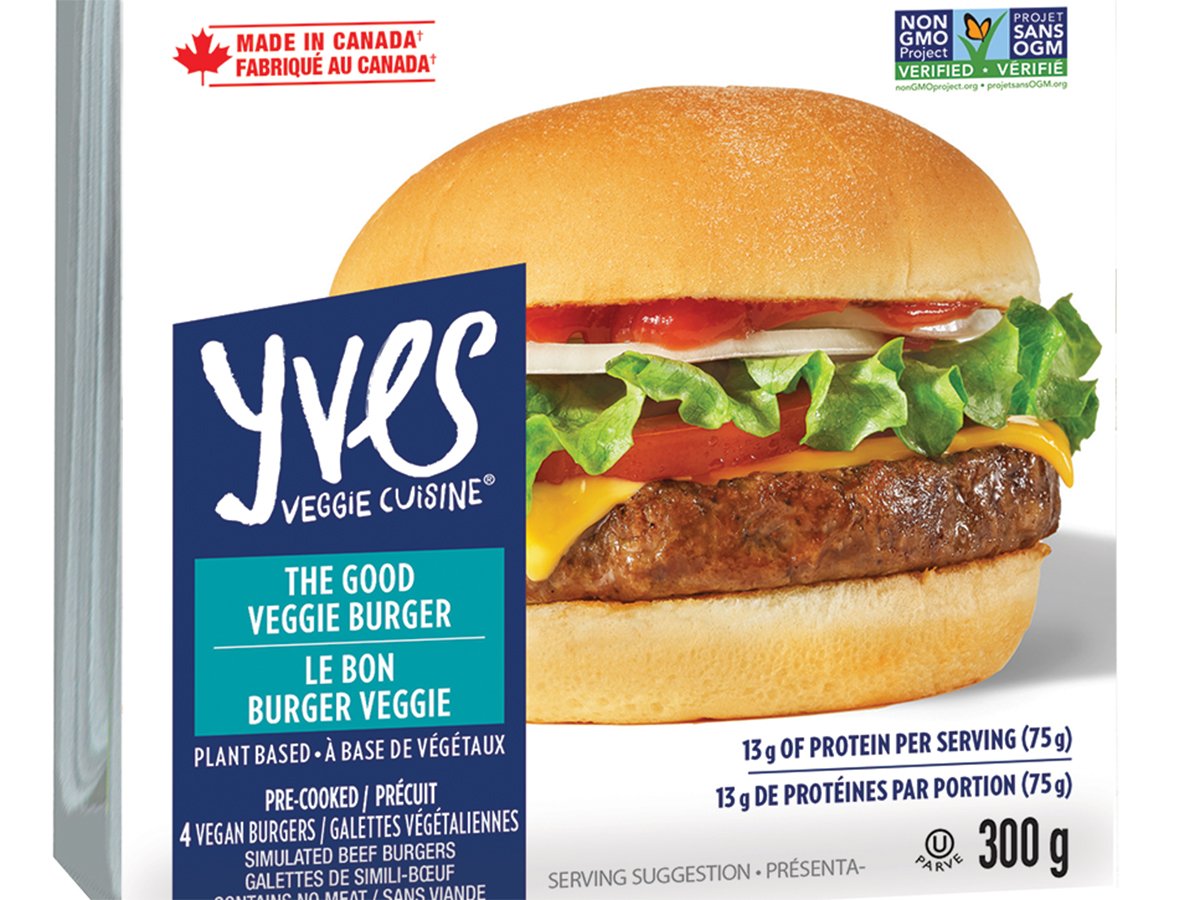WINNIPEG (CNS Canada) — A better quality Canadian grain crop in 2017 has opened the door to increased imports of distillers dried grains with solubles from the United States as Canadian livestock feeders look for other options.
Canada imported about 700,000 tonnes of the ethanol byproduct from the U.S. in 2017, the largest imports since 2011 and well above the previous five-year average of about 500,000 tonnes, according to Statistics Canada data.
Early numbers for 2018 show a continuation of that trend, with 62,000 tonnes of DDGS shipped from the U.S. to Canada in January, according to U.S. trade data.
Read Also

Plant-based ‘meat’ faces turning point
The U.S. firm that owns the Yves brand told CBC News that the “meat free” category has been in decline for several years, so the company made the difficult choice to pull Yves Veggie Cuisine products.
“We’re bringing a lot more up (to Canada) this year just because of the improved quality (Canada) had with its wheat and barley,” said Sean Broderick, DDGS marketing manager with CHS Inc. in Minnesota, noting that there were smaller domestic supplies of feed wheat and barley in Canada this year. He said the profitability of feeding cattle and hogs in Canada also looks good.
Canada accounted for six percent of all U.S. DDGS exports in 2017, which compares with four percent the previous two years, said Broderick.
Mexico is the largest single customer for U.S. DDGS, with Asia also presenting opportunities. Broderick said protectionist threats from the White House raises some concerns for the DDGS export sector, as protectionist trade policies likely reduce interest in sourcing from the U.S.
DDGS are looking attractively priced compared to soybean meal but are trading above corn, said Broderick.
Ethanol facilities typically take some downtime at this time of year ahead of the summer driving season when demand typically increases, which could mean a seasonal slowdown in DDGS supplies over the next few weeks.
















